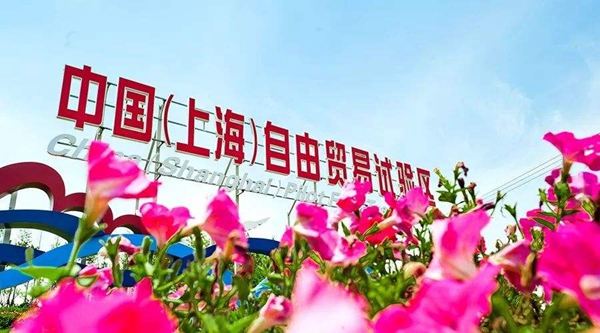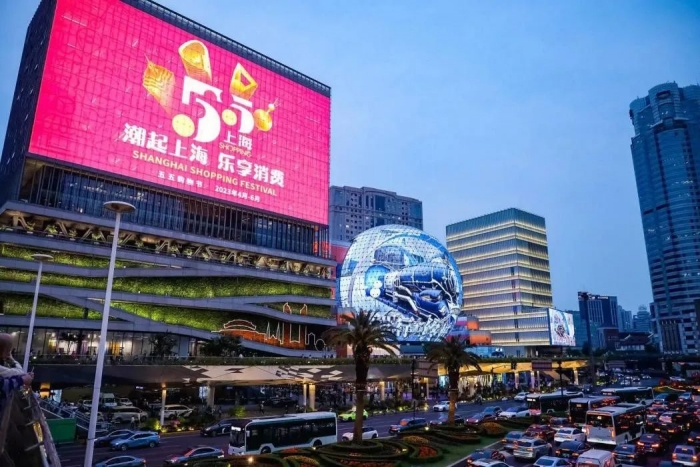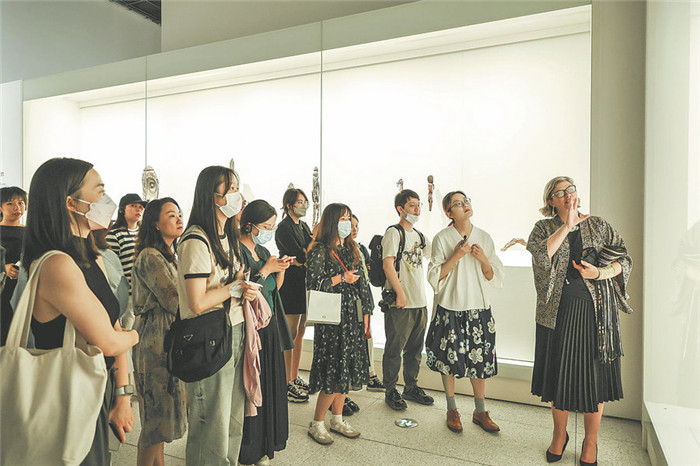Shanghai FTZ reports achievements in opening-up

The China (Shanghai) Pilot Free Trade Zone. [Photo/IC]
The China (Shanghai) Pilot Free Trade Zone (FTZ) has witnessed significant achievements in opening-up since its establishment in 2013, Hang Yingwei, head of Shanghai's Pudong New Area, said at a conference on April 10.
According to Hang, the negative list for foreign investment, first adopted in the FTZ, has cut the number of items subject to special administrative measures from 190 to 45. Under the negative list-based approach, fields not subject to the negative list are administered by the "filing for record" management and more than 95 percent of foreign investment projects are now able to be registered through "filing for record." A total of 2,800 projects have settled down in the zone thanks to 54 opening-up measures.
In addition, the FTZ has attracted a number of pioneering foreign-funded projects of 40 industries, including the first foreign-funded ship management company, certification company, and training institution.
The zone also saw registration of 11,000 new foreign companies, with the percentage growing from 5 percent to 20 percent.
The Lujiazui area in the FTZ has also attracted a large number of international asset management giants, including nine of the world’s top 10 asset management agencies and more than 40 of the top 100 in the world. The FTZ will strive to gather more foreign asset management agencies in Lujiazui and boost innovative trade development.
Currently the FTZ has six 100-billion-level trade platforms and 10 10-billion-level ones. It plans to have four more 100-billion-level trade platforms by the end of 2020.
Furthermore, the FTZ will continue efforts to further opening-up, pushing forward the settlement of pioneering foreign-funded projects, as well as deepening the opening-up of the key industries of telecommunications, finance, and manufacturing. It will also speed up the construction of a global asset management center, promote the opening of offshore trade and service trade, and enhance the function of serving the Yangtze River Delta area, expanding its role as an important hub for the Belt and Road Initiative.
 Contact Us
Contact Us

 New pedestrian street boosts Pudong's night economy
New pedestrian street boosts Pudong's night economy  Festival injects vitality into Shanghai's consumer market
Festival injects vitality into Shanghai's consumer market A journey through history
A journey through history Chinese roses bloom in Pudong
Chinese roses bloom in Pudong


